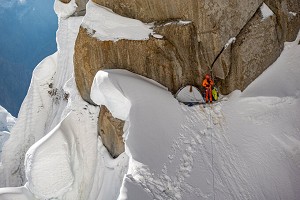
"Of course," I always replied, "Probably no worse than most capital cities." But I knew they didn't believe me, and to be fair I wasn't 100% sure myself.
Pakistan's administrative capital sounded like a safe enough place, certainly compared to the likes of Baghdad and Kabul, although I was hoping the lifestyle would offer rather more freedom to move around without body armour and armed escorts. Living like that can get tiresome very quickly and doesn't do your climbing any good at all! In fact the reality of Islamabad could hardly have been more different, and I was delighted to arrive in a calm, green city with overwhelmingly welcoming people.
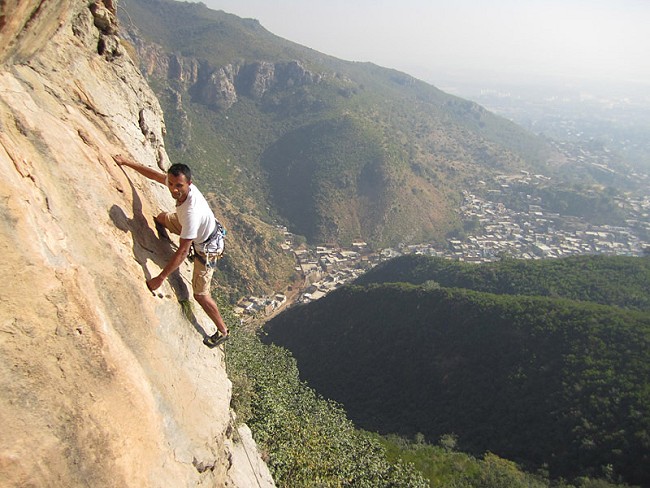
I didn't expect there to be any climbing at all near the city. Having been there a couple of times before, passing through en route to amazing summer adventures in the Karakorum a few years ago, all I remembered was flatness, a grid-pattern maze of identical-looking streets, and fairly oppressive heat. Maybe there could be options a few hours drive away but no doubt it would be hard to find people willing to explore. So when I arrived I was thrilled to find the green, wooded Margalla Hills rising 600m right from the city's edge, and to see limestone crags protruding invitingly from the hillside. Maybe it wouldn't be so bad here after all.
The first task was to find people to play with, and after casting a wide net of speculative emails I soon discovered a small network of climbers working for various embassies and NGOs, and a similar number of young local climbers who'd been introduced to the sport by a couple of excellent, but tiny, local adventure clubs. Even better, there were some climbs bolted already with no security restrictions preventing me from going there. Compared to the two months spent in Kinshasa without so much as a kerb to climb, I could hardly believe my luck.
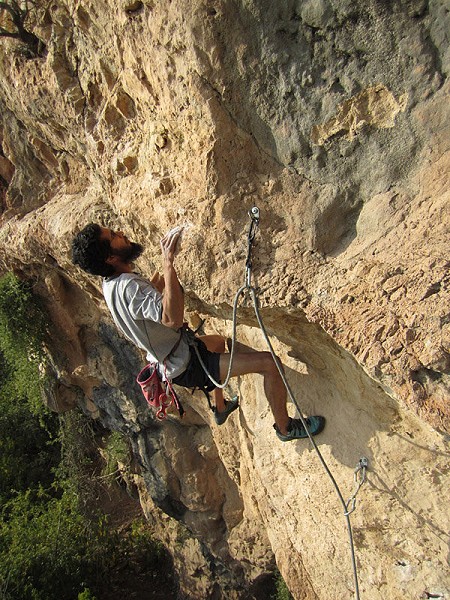
"Mr John," the locals asked enthusiastically very soon after, "We're very glad you're here. Would you please set some routes for us?"
With Jens showing me around each weekend we soon exhausted the existing Margalla routes and started casting around for new potential. The bolted routes were typically slabby and on good, compact grey rock, but any difficulties were over quickly and really tested balance and technique rather than needing you to pull at all. I started running after work, checking out the maze of little trails through the thicket, on the hunt for promising crags. We'd been advised not to walk in Margalla alone, after an incident some time earlier where an international worker had been relieved of personal possessions, seemingly by an opportunist assailant. But when running I carried nothing to steal, and to be honest very few locals would have been up for the chase anyway! In several months of evening jaunts I rarely saw more than monkeys, goats and wild boar, and the few hillsmen I did run into were invariably smiling and helpful. The biggest danger was of falling head over heels down steep wooded trails in the dark when I frequently found myself miles from anywhere at dusk.
One weekend when Jens was away I asked some of the local lads if they were up for some exploring, instead of returning to the few existing developed crags. Imran and Fahad weren't sure; this wasn't like any climbing day they'd had before; what if we didn't find anything to climb? I reassured them that hacking through thicket for hours in search of climbable rock was all part of the game, and as they had few sources of reference to say otherwise, they had little option but to believe me. By the end of the day we'd hacked through our fair share of malicious bushes but we'd also found what is now Margalla's premier crag, where we'd top-roped the 30m "Puzzled monkey" (6c), arguably the finest route of any grade in the area. Definitely we'd be back at Jungle Rock soon for more.
Back at the house I was finding it easy to adjust to a diet of curry, though it took some time to convince the cook that I really did prefer spicy food and that preparing bland pasta meals specially for me wasn't really helping anyone. Morning papers reminded me how different Pakistan is to Europe: A headline 'Where have the children gone?' told of mass child kidnapping for forced labour, and in a parliamentary by-election whole communities had decided (illegally) that women wouldn't be voting. But within the capital there was little to notice and little to complain about; In fact life in general was pretty good. The city was built in the '50s to provide a capital for a newly independent Pakistan, and the designers had included plenty of open spaces and green areas. Even today the atmosphere and environment is completely different to anywhere else in the country. Residents joke about going away to Pakistan for weekends! The plus side is that there's little traffic, little pollution and surprisingly little noise – at least once you've learned to filter out the call to prayer which blasts out five times daily from mosques all over the city.
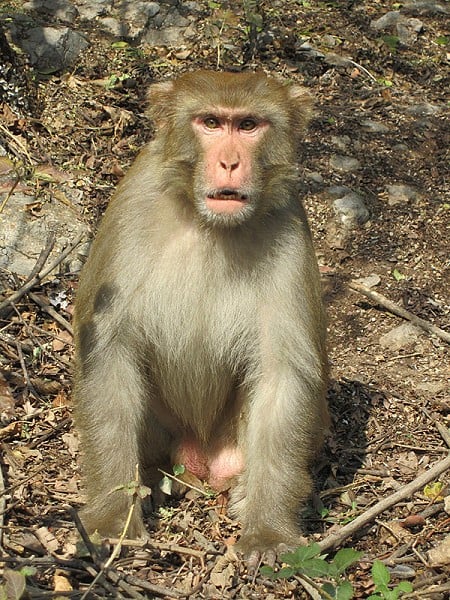
During each week I was helping the Election Commission of Pakistan to update their electoral rolls; a fulfilling role certainly, if a little frustrating given the pace of progress. But I'd always be looking forward to the weekend, often working late into the night on Friday to make sure I could be free during the day on Saturday. The locals were improving; starting to lead more, and by training at the wall and climbing in Margalla each weekend they began leading routes of 6c and above. Jens was improving too and led his first ever 7a+. He and I were constantly busy with new lines, finding, cleaning and bolting them, but as the summer heat and humidity worsened it became impossible for me to climb the hardest ones, and "Feeling groovy" (8a) had to wait until late September before I could hang its tiny holds again for the redpoint.
Every day out was fun. Tiring but fun. From the moment we assembled until the moment we parted there would be non-stop banter and a continuous barrage of questions. "Mr John ...?", was the usual opener, then a question about clipping, or about Wolfgang Güllich, or how to train, or girls, or France, or which route to work, or being a vegetarian, or big-walling, or which belay device to use, or the crux sequence on "God-shaped hole". The list was endless and wonderfully diverse. Clearly I could help with most of the climbing questions, and I really enjoyed doing so, but often it was the non-climbing discussions that were more interesting. Of course religion was a frequent topic, but other social attitudes such as to crime, sexuality, education and family life gave plenty of opportunity for me to learn as well as to teach. In particular I was constantly amazed at how differently men and women are treated in society, to the point where women are not even permitted to pray in mosques during services, so it's hardly surprising that inequality is endemic. Pakistan is a country whose people for the most part have little contact the rest of the world, albeit due to economics than for any political reason, and the more we talked the more I realised how difficult it must be to be open minded in a society with a huge homogeneous population and limited external influences. Climbers are definitely among the more educated people there, though without the opportunity to travel it still must be a real challenge to see a bigger picture or to question what your entire circle of family and friends takes completely for granted.
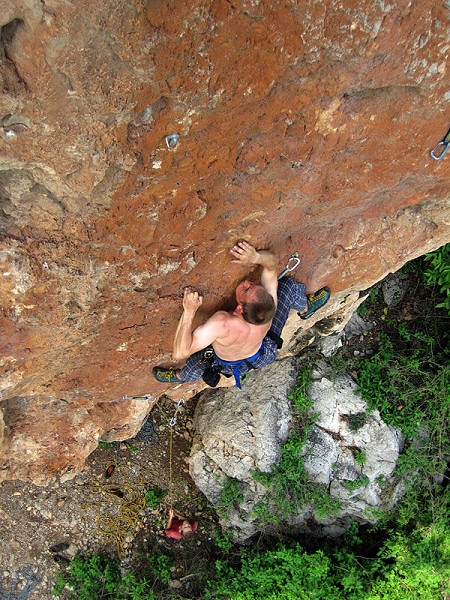
For the most part the rock in Margalla is very good and most pitches are conveniently 15-30m long, although being broken limestone there's usually some loose rock to contend with on new lines until they've seen a bit of traffic. All are well bolted, most finish at good anchor chains, and undoubtedly many would get three stars if they were on any limestone crag in Britain. Added interest comes from the wildlife, as you'll often be sharing the crag with monkeys, boar, huge lizards or goats. There's even a few small leopards around somewhere, although the closest I came to sighting one was seeing fresh tracks in the path after rain.
We found a big corner at one new crag (Well Hidden Rock) and as it was protectable we left it as a trad route ("Cultural divide", VS). Several people were keen to practise trad and the rock in Margalla very rarely is suitable. I also thought I'd found my nemesis with a project I could barely hang the holds of, but almost disappointingly it got much easier with each try and didn't hold out for long. Nevertheless the excellent "Islamagood" (8a) is probably the hardest route in Margalla to date and certainly should give people something to aim at for a while.
There are now nearly sixty equipped routes, at grades ranging from 4a to 8a, and a downloadable topo which should tell you everything you need to know. All the crags are very close to the city, most are accessible with only a short walk, and all you need is a 60m rope and ten quickdraws. If any climber has the opportunity to spend time there or even to pass through then it's definitely worth checking out. It would give a particularly useful diversion for climbers en route to the big peaks and rock spires of the Northern Areas, as most need to spend a couple of days in the city anyway while obtaining permits and supplies, or while waiting to fly out again. Indeed for one unlucky team last summer it was probably the most climbing they did all trip!
Finally the moment came for me to leave, more permanently this time, and during the last week there the atmosphere was distinctly melancholy. I ran an informal competition at the wall, where several climbers made it up 6c+ and all should have done better still. I was impressed at how much the local climbers had progressed in quite a short time but it was clear there's still a very long way to go before they reach their potential. They'll get there though; it's just a question of belief for Imran to crack "Girls and other animals" (7a), Fahad will one day redpoint "Action Direction" (7b+), and Naveed will lead them all up an unclimbed trad challenge somewhere in the mountains. The girls will catch up too, once Farah and Safa have shown the way by ticking the crag at Holiday Rock. All the local climbers' wanted me to stay longer, and despite most of me yearning to get back to my other life in France, a part of me really wanted to stay in Pakistan.
Sure, the climbing is better in France and you can enjoy a glass or two of wine without hiding, but I'll definitely miss the closeness and camaraderie of the Islamabad scene. They do curry far better than the French too!
- A printable colour topo of all of the climbs in the Margalla Hills can be downloaded from chezarran.com
Photo Gallery - Islamabad Cragging by John Arran:
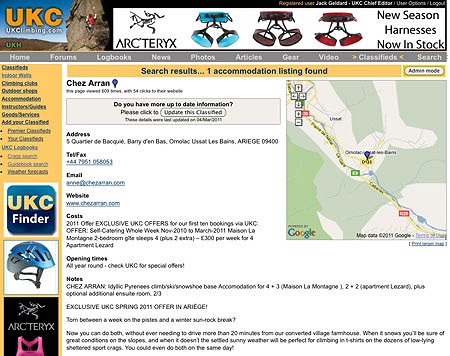
John Arran runs 'Chez Arran' - climber's accommodation in the Pyrenees:
"Within 15 minutes of our Chez Arran farmhouse are over 15 fantastic limestone, granite and gneiss climbing sites ranging from single pitch gems to 350m big wall extravaganzas. Climbs start at just 2a and go right through to 8c+/9a (in the 35m+ overhanging Grotte de Sabart). There is great granite bouldering too at Laramade and at Orlu. You can climb all year round here, with some of the best conditions found in midwinter on the many South-facing sheltered limestone crags. The sun is so warm we often find ourselves climbing and belaying in t-shirts."
- Read more about John Arran's accommodation in the Pyrenees - Chez Arran UKC Page

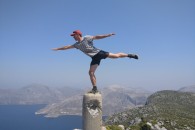

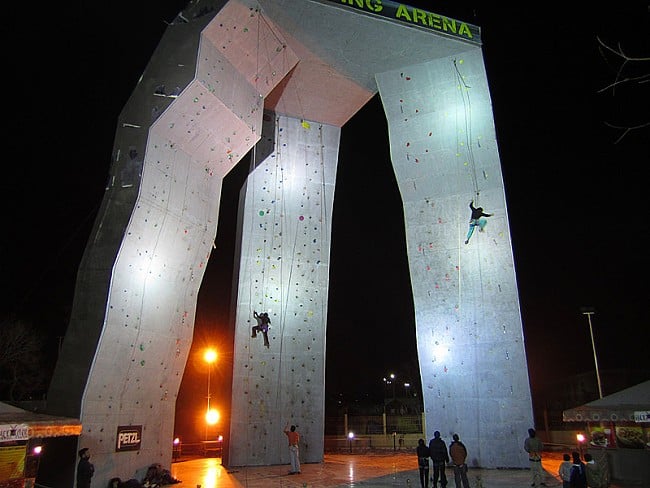
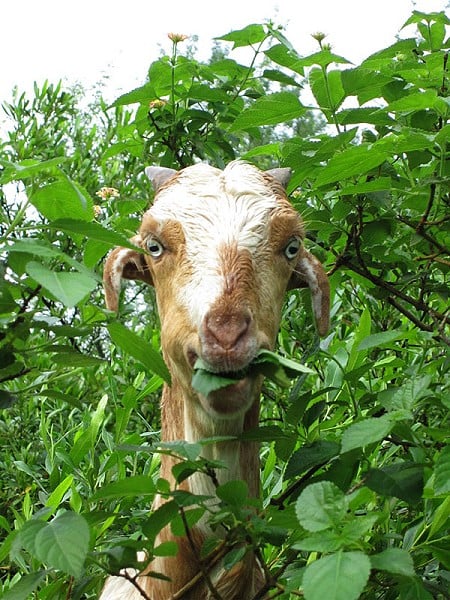
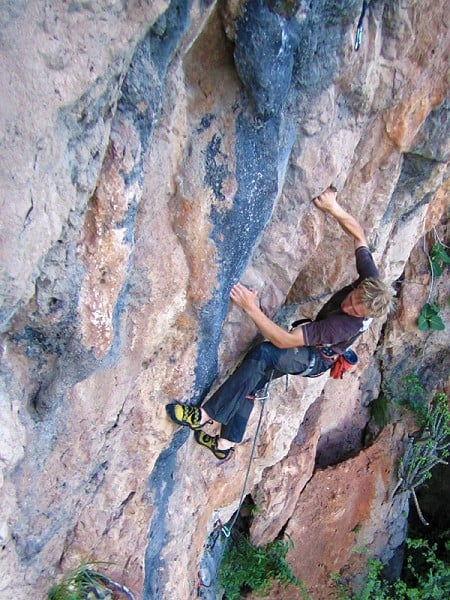
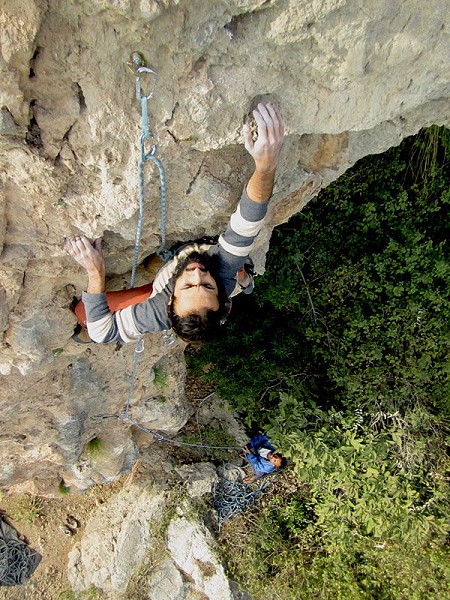
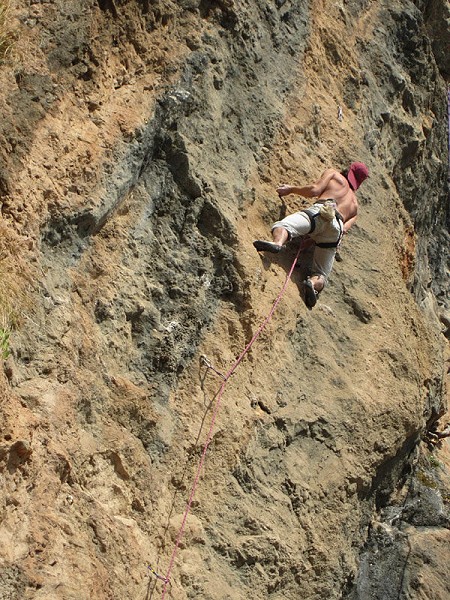
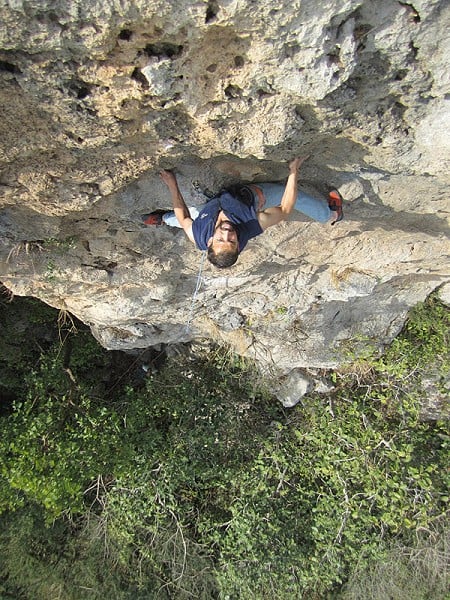
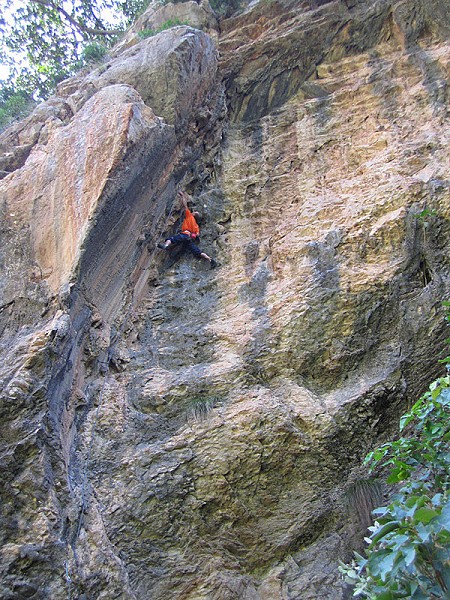
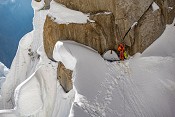
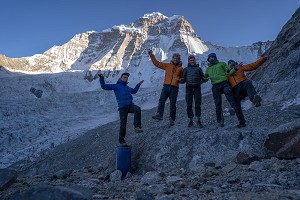
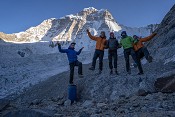
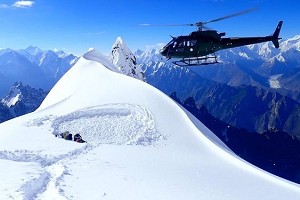
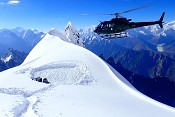






Comments